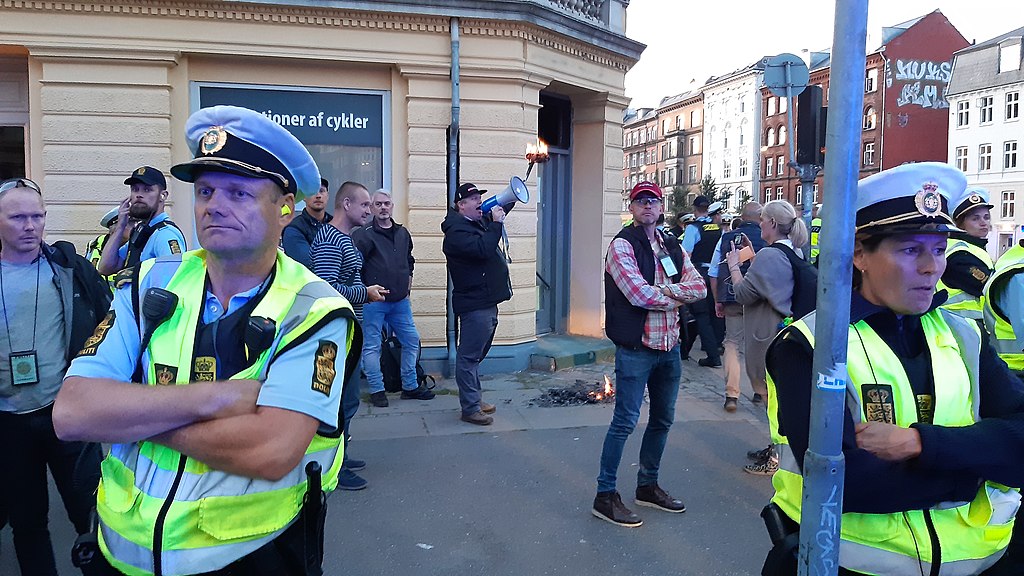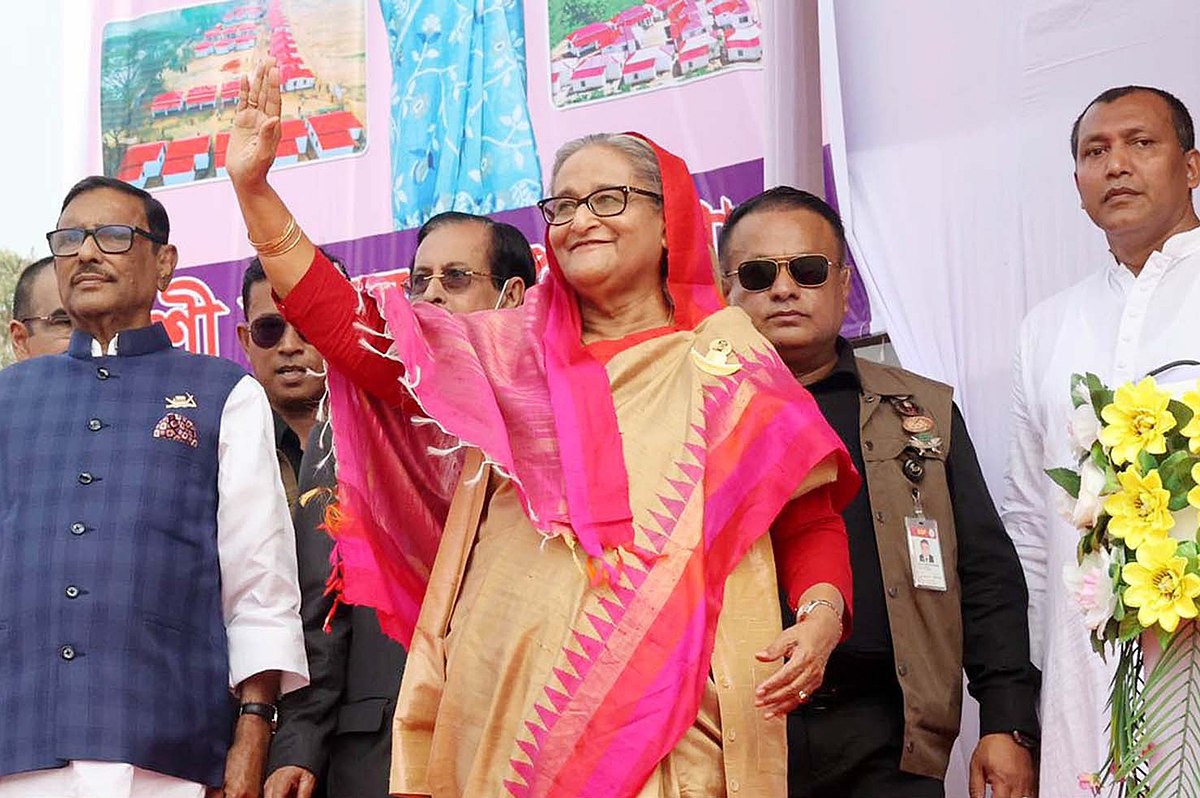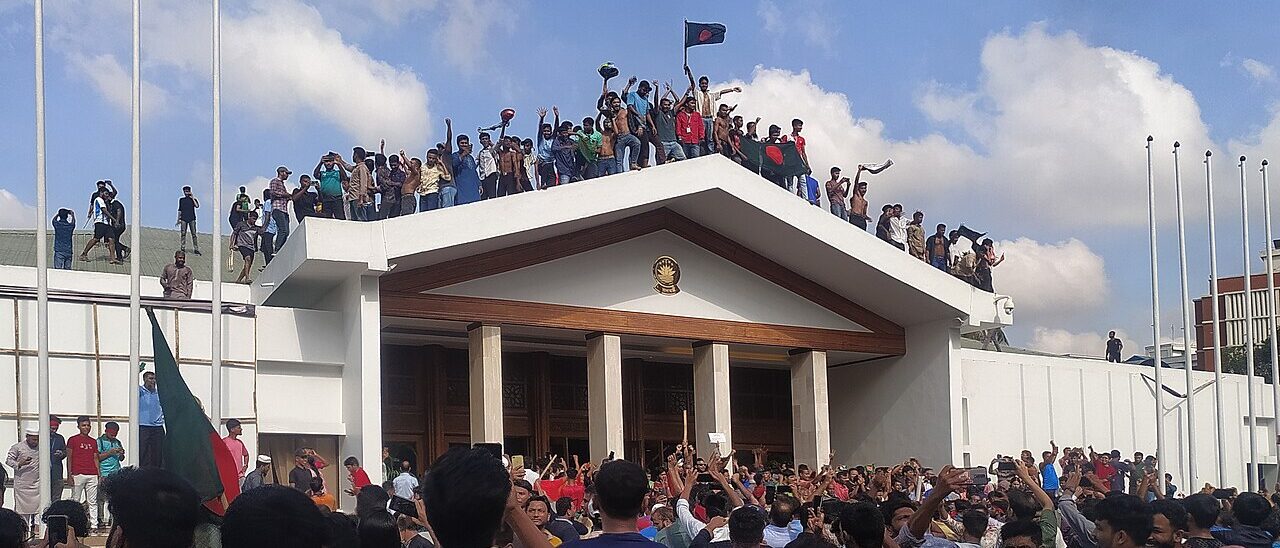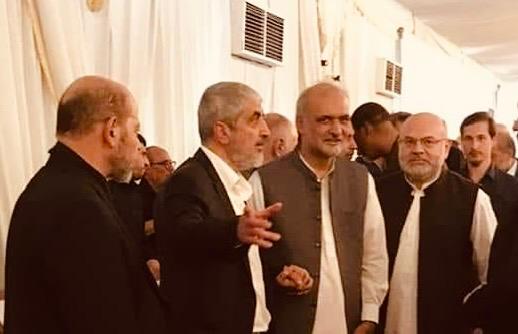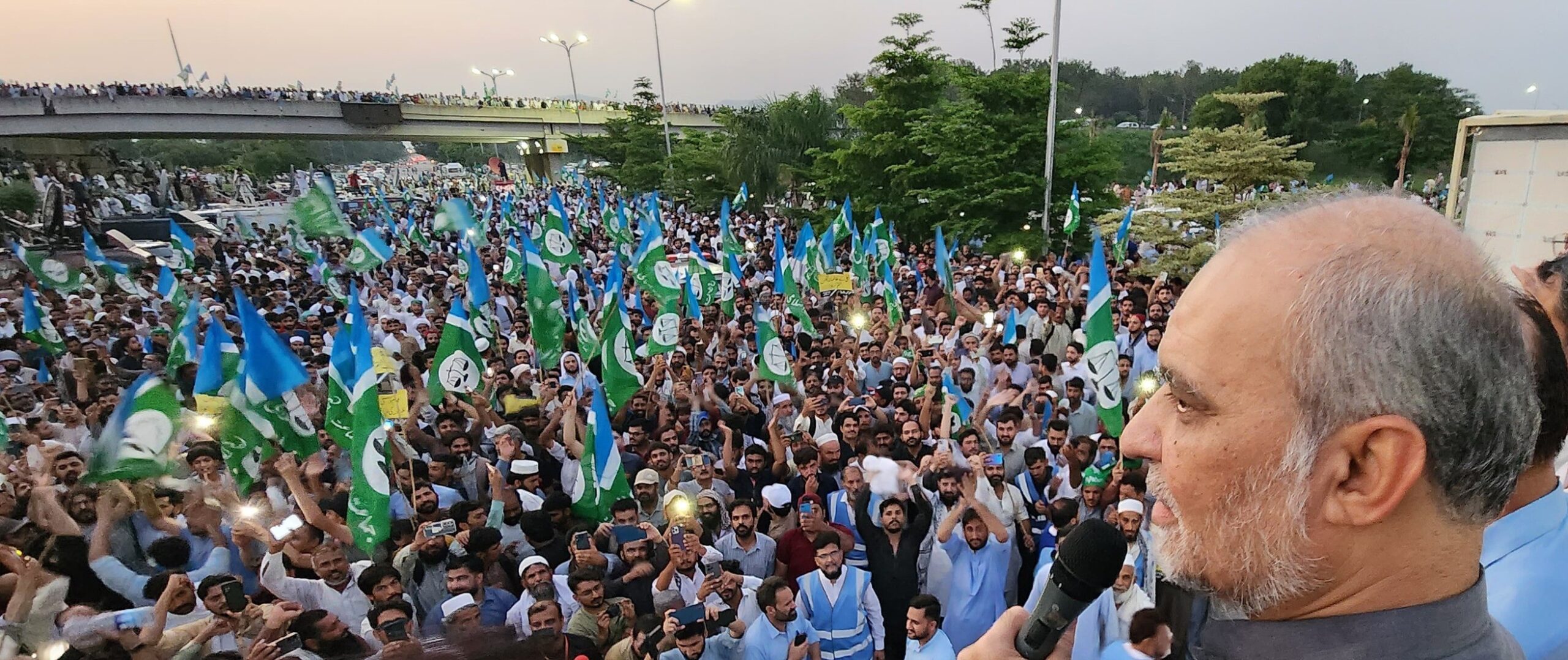This is a summary of the original article that may be found here
The past two decades have seen a recurring episode of Islamophobia taking place in Europe. This is how the script generally runs: some far-right figure looking to garner attention and cause controversy carries out a spectacle (burning the Qur’an) aimed at generating controversy and antagonizing billions of Muslims around the globe.
When Muslims call attention to the act, rightly describing it as hate speech, the far-right individual, with backing from authorities, immediately pulls out the ‘freedom of expression’ card.
Far-right anti-Islam activists have made a specialty of burning copies of the Holy Qur’an in neighbourhoods with large Muslim populations in recent years. Scandinavian countries such as Denmark and Norway, often considered the most advanced and peaceful places in the world have seen a particular rise in these Islamophobic incidents. Now, Sweden has joined this Hall of Shame.
In the latest episode, Rasmus Paludan, leader of the Danish far-right party Stram Kurs (Hard Line) burnt a copy of the Holy Qur’an outside the Turkish Embassy in Stockholm, Sweden in full presence and protection of local Swedish police on Saturday. Aiming to drum up support ahead of Danish legislative elections in September, Paludan declared a “tour” of Sweden, planning to visit cities and towns with large Muslim populations with the intention of burning copies of the Qur’an during the holy month of Ramadan.
It’s no coincidence that Paludan, a convicted racist who has previously called for the banning and expulsion of Muslims and has described Islam as an “evil and primitive religion”, and other far-right figures like him choose the Qur’an as a target of their hate. They are very well aware of the weight the holy book carries in the lives and identities of billions of Muslims, so their decision to burn the Qur’an is a calculated one.
Given these very clear anti-Muslim views, Paludan’s repeated act of burning the Qur’an is driven by Islamophobic hate. Book burning in this context “becomes symbolic murder, or symbolic destruction”. Engaging in acts such as tearing pages, burning the book, or flushing it down toilets (as US military personnel did at Guantanamo Bay) is all done with a specific intent: to cause pain and hurt.
This isn’t free speech, it’s hate speech. Paludan didn’t carry out this act to express his right to free expression; he initiated the Qur’an burning because he sought to hurt Muslims.
Conversations around Islamophobia and Qur’an burning rarely end in condemnation. Instead, they are instantly diverted to debates around free expression, overlooking the fact that the right to free expression is not absolute. There are safeguards in place and they are needed to ensure a safe and just society.
The right to free expression – and what is protected under it – is subjective. Those in positions of power often get to decide what is and isn’t permitted. A quick review of cases involving journalists, academics and rights activists who have been silenced or faced lawsuits due to their work on calling attention to Israel’s ethnic cleansing of Palestine perfectly illustrates this point.
Another example of subjectivity occurred when Twitter and YouTube bowed to pressures from the Indian government to remove any references to a BBC documentary calling attention to PM Narendra Modi’s role in the deadly 2002 anti-Muslim Gujarat pogroms.
In Europe, these positions of power are often occupied by leaders holding Islamophobic views who get to determine what is and isn’t free expression. It is also no coincidence that those who take part in the burning of the Qur’an are often, more likely than not, white men. The current system gives far more privileges and rights to white individuals than others.
Given this reality of Islamophobia in Europe, it is no surprise that free expression arguments are wielded to defend anti-Muslim racism.
Hate crimes, especially those targeting Muslims, are constant, as are the growing restrictions and outright bans on the hijab. Acts of vandalism and arson against mosques are endless, and in many countries the authorities have taken considerable action to criminalize Muslim civil society, shutting down organizations and mosques and imprisoning individuals.
While free expression is used to justify Islamophobia, it is rarely brought up when the rights of Muslims are restricted. Muslims who are politically active and call attention to Islamophobic policies are deemed “extremist” and “terrorist sympathizers”, making them susceptible to criminal charges.
When Muslims exercise their right to free expression by protesting against hateful acts such as Qur’an burnings, they are denied that right. The media amplifies anti-Muslim tropes by framing these voices as hostile and “extremist”, constructing them as close-minded individuals who want to shut down critique and debate.
Let’s be clear: there is criticism and then there’s hate speech – burning the Qur’an falls into the latter.
The burning of the Qur’an is a symbolic call for violence against Muslims. It is motivated by anti-Muslim bigotry and is carried out by individuals who have a history of taking part in provocative acts aimed at antagonizing and harassing a religious group.
References to “free expression” in such contexts are no more than a cover for anti-Muslim views, especially as Muslims’ right to free expression is increasingly restricted around the globe.
Failure to tackle such hateful incidences creates an environment in which Islamophobia becomes even more normalized and results in a hostile and dangerous environment for Muslims.
The views expressed herein may not necessarily reflect the views of JI FAD and/or any of its affiliates

